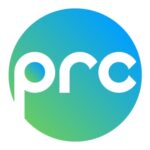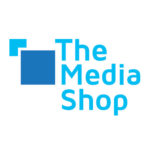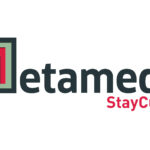
 Peter Langschmidt, consultant to the PRC (Publisher Research Council), investigates how print’s OTS (Opportunity to See) of around two per reader effectively halves the medium’s Cost per Thousand (CPT).
Peter Langschmidt, consultant to the PRC (Publisher Research Council), investigates how print’s OTS (Opportunity to See) of around two per reader effectively halves the medium’s Cost per Thousand (CPT).
Print is the only medium where rate cards are based on one OTS (Opportunity to See) per reader, however new research consistently proves that the same issue of publications have multiple reading occasions by the same reader. This results in additional opportunities to see an advert, which is usually around two. These multiple OTS effectively halve print’s Cost per Thousand (CPT) compared to broadcast and other media.
As seen in the table below, this thoroughness/multiple reads translates into advert OTS which increases amongst the older, more affluent, more influential consumer.
TABLE 1. OPPORTUNITY TO SEE ADVERT BY SEGMENT
The research allows us to apply the OTS data to planning principles to get to a more accurate CPT for print versions of newspapers and magazines. By understanding this multiple OTS occurrence by segment and type of publication it can now be applied to media planning principles.
An advertising budget divided by each medium’s CPT will deliver that medium’s GRP’s (Gross Rating Points), a media weight measure (reach x frequency). According to IBIS media manager the CPT for newspapers is R117 and R103 for magazines, when we take these multiple OTS into account it effectively halves the CPT as shown in the table below:
TABLE 2. MULTIPLE OTS REDUCE PRINT CPT

Let’s take a budget figure of say R100,000 and see how many ratings we could achieve with each medium based on its CPT. Outdoor, having the lowest CPT, delivers the most ratings (GRP’s) for the same budget.
We also have to take into account the inherent strengths and communication ability of each medium relative to one another. We summarise this in terms of a simple impact figure. All media types are rated relative to the most impactful medium – cinema, which has a captive front facing audience in a dark cinema with a 30m screen and Dolby stereo sound.
TABLE 3. FROM CPT TO GRP’S TO ERP’S

Once this impact factor is applied we’re able to, more effectively, compare each medium’s Effective Rating Points or ERP’s. Television emerges as the most powerful medium while magazines and newspapers take the other two podium positions and deliver almost twice the effective audience numbers compared to radio and outdoor.
The dominance of print over radio is even more pronounced in the upper SEM/LSM 8-10 market and the perfect information foil to pin down and complement the transitory TV message.
The Media Comparison Calculator attempts to go beyond the numbers and PRC members are supplying the calculator to all clients and agencies so that they can apply it to any target market.
For additional information and research on reading, visit www.prc.za.com.
- MRF Unveils Latest MAPS® Data - 20th February 2025
- The BRC announces changes to the board and updates for 2025 - 17th December 2024
- Top 50 DSTV TV programmes – October 2024 - 12th November 2024




